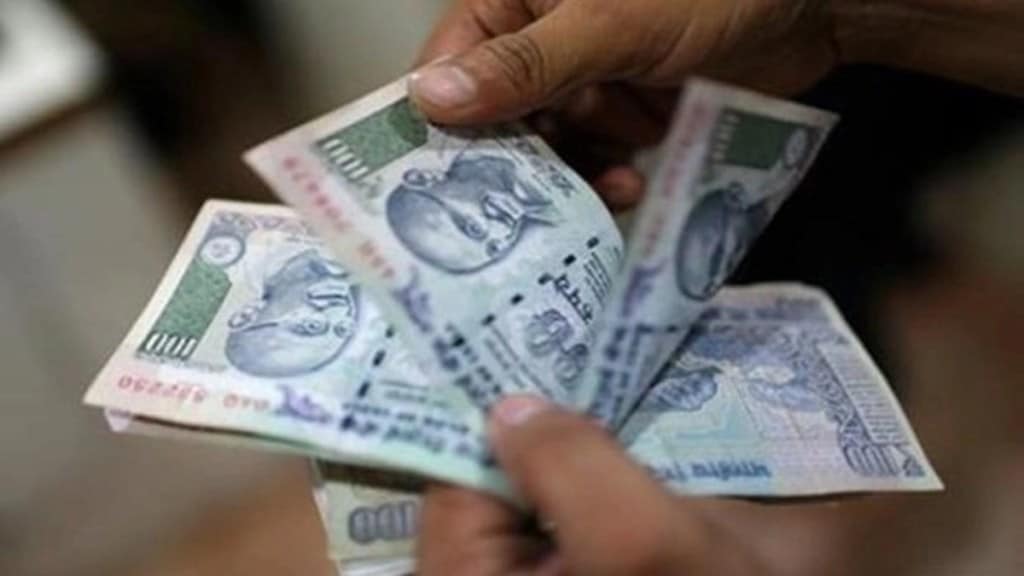Transfer of assorted subsidies and sops to the beneficiaries through the direct benefit transfer (DBT) resulted in gains of `63,700 crore in FY23, taking the Centre’s savings due to plugging of leakages to about Rs 3.5 trillion since FY15.
The DBT-induced savings gave the managers of government finances significant headroom to improve the quality of spending and offer additional welfare benefits to deserving beneficiaries, without constraining the exchequer too much.
To put this in perspective, the DBT-enabled savings during FY15-FY23 are 75% higher than Rs 2 trillion earmarked for Production Linked Incentive (PLI) schemes for 14 sectors in ten years through 2030 to boost private investment and manufacturing.
In its terminal year, the Congress-led government rolled out Aadhar-mobile-linked DBT for LPG subsidy for households with benefits worth Rs 0.07 trillion.
The Modi government has extended it to all key schemes, with DBT transfers totalling Rs 35.14 trillion via cash paid to their bank accounts and as in-kind benefits like food and fertiliser.
Out of the cumulative DBT-enabled gains of about Rs 3.5 trillion, weeding out of 50.3 million fake ration cards under the public distribution system for food grains helped in saving Rs 1.86 trillion (53% of the total savings).
Removal of 41.5 million fake beneficiaries and 11.3 million beneficiaries who gave up their subsidies under the LPG-Pahal scheme helped in savings to the tune of Rs 73,443 crore (21%).
Among others, the deletion of 710,000 duplicate beneficiaries under the job guarantee scheme (MGNREGS) yielded gains of Rs 42,534 crore (12%) and Rs 22,106 crore (6%) due to the removal of ineligible PM-KISAN beneficiaries.
DBT transfers reached a record Rs 7.16 trillion in FY23, largely due to the free grains scheme and higher subsidies on fertiliser due to price rises.
The DBT benefits stood at Rs 5.3 trillion so far in the current financial year. DBT beneficiaries stood at 1.64 billion (same beneficiary benefiting from multiple schemes) in FY24.


